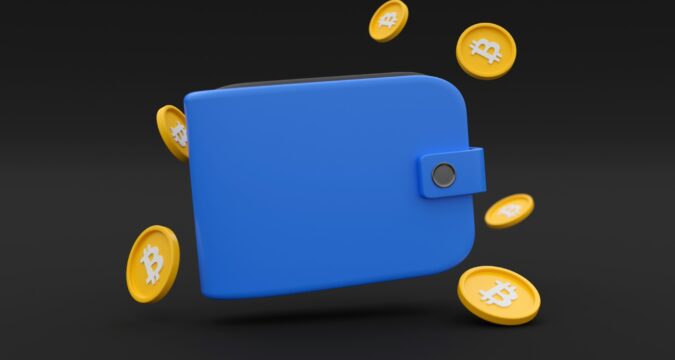
Cryptocurrencies require crypto wallets to hold them, and there are different wallets you can use. If you own Bitcoin Cash (BCH), you should think about the kind of wallet you wish to use.
The wallet you’ll use depends on a few factors, one of which is your investment goals. What exactly do you intend to do with the BCH you wish to buy? Do you wish to trade it or just hold and wait for the price to go up?
Another factor can be your level of experience dealing with crypto assets. If you’re an absolute beginner, there are certain kinds of wallet more suited for you than others. Certain wallets are more suited for experienced crypto investors.
In this guide, we discuss the different types of wallets you can use to store your BCH. We’ll also include examples you can use in case you make up your mind on which one to use. Without further ado, here are the wallet types.
Mobile Wallets
You can guess from the name what these wallets are right? They are software wallets you use on your mobile devices. These are the most readily accessible wallets you can use to store your BCH.
All you need to operate such a wallet is a smartphone and internet connection. They are usually free, and you can install one by simply going to your phone’s app store and downloading it. Mobile wallets are secured using passwords, recovery phrases, and sometimes PINs.
You’ll need the password or PIN when sending a transaction to another crypto user, but the recovery phrase is used to recover your wallet in case of a loss of your device or you forget your PIN or password.
Although these wallets are generally the least secure, they are ideal for people who always use their wallets, such as traders. Examples are Exodus, Coinbase, and Trust Wallet.
Software Wallets
These are wallet software designed for computers. You install it just like the case with the mobile wallet, but this time on the PC rather than a mobile device. Several mobile wallets are also software wallets because they can be installed on computers as well.
The wallet private keys are stored on the computer software, making it a secure wallet option for conducting transactions. Software wallets are also ideal for someone who needs to access the wallet often.
However, they still fall short in terms of security because they are always online, making them vulnerable to online attackers. Examples are Exodus, Blockchain.com, and Coinbase.
Hardware Wallets
Hardware wallets are wallets in the form of hardware. These wallets are the best when it comes to the security of your BCH.
Referred to as cold wallets, they are perpetually offline, unless you connect them to your computer. This drastically reduces the chances that an online attacker will access it.
Both passwords and PINs are used with hardware wallets as well, and they store the private keys that are used to manage you BCH.
You can use them both through a mobile software or on your computer whenever you wish to carry out a transaction.
The catch is that hardware wallets are not free, and you have to pay for them as an initial investment, but they are totally worth it. Examples of hardware wallets are Ledger Nano S, and Trezor T.
Paper Wallets
Paper wallets fall in the same category as hardware wallets – it is also a cold wallet. This is because you can have the paper wallet 100% offline. However, the private keys and other wallet information are printed on the paper instead of being stored electronically as is the case with hardware wallets.
Like mobile and software wallets, paper wallets are also free and you only need to access a BCH wallet generator to generate one. Once generated, you can hold it online for as long as you wish, and you’ll only need the details to access the wallet online.


